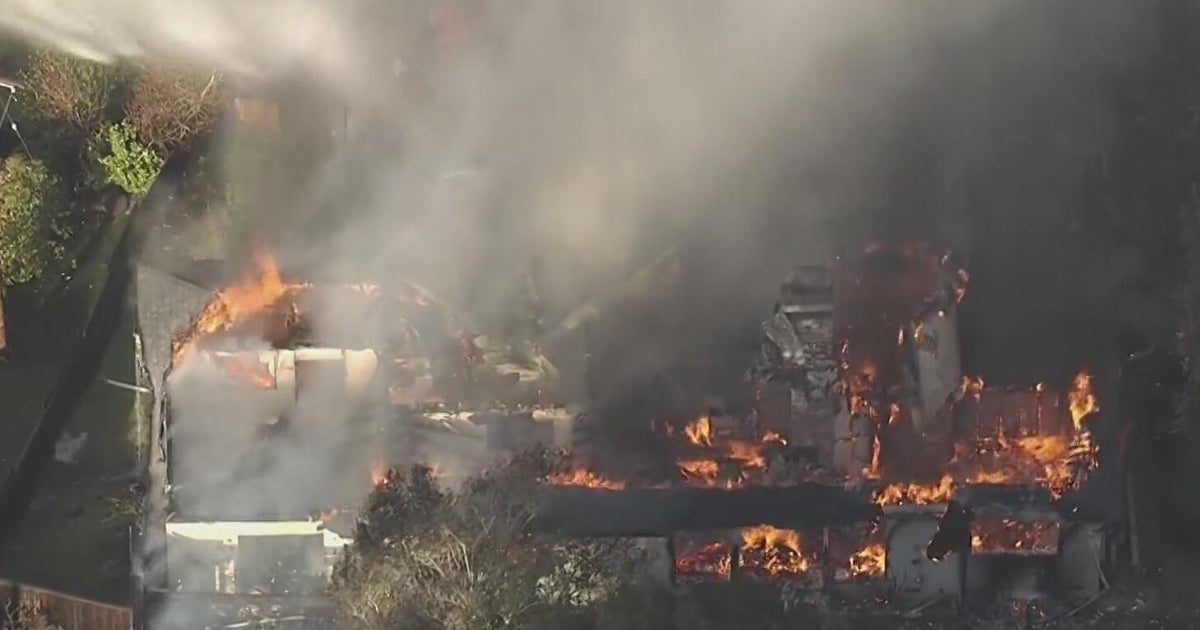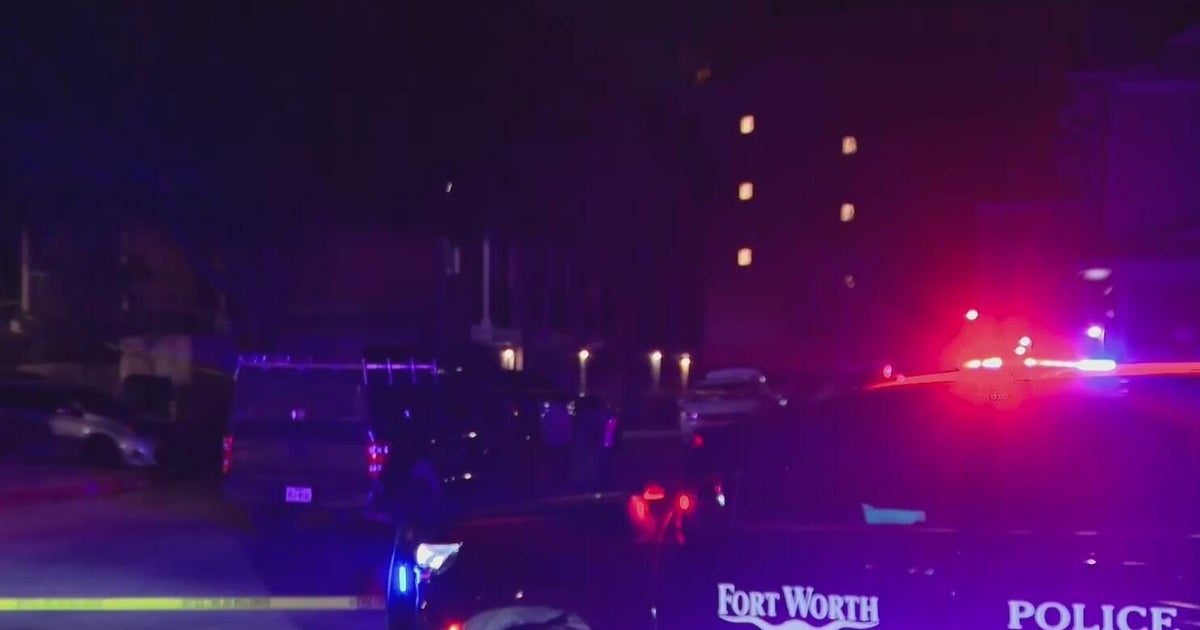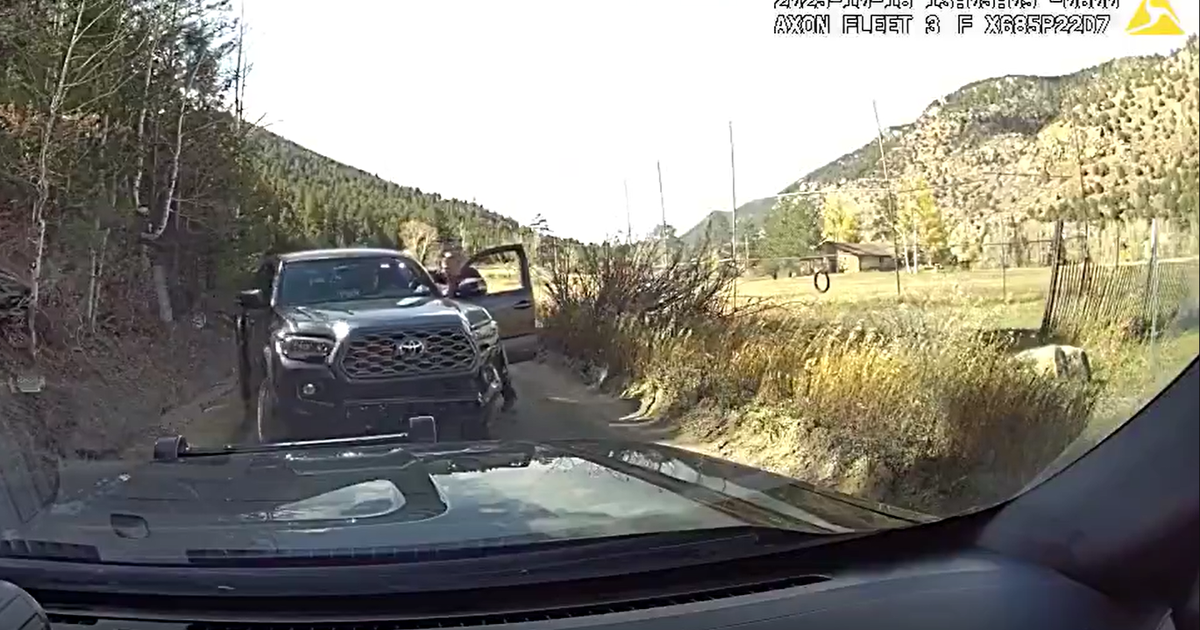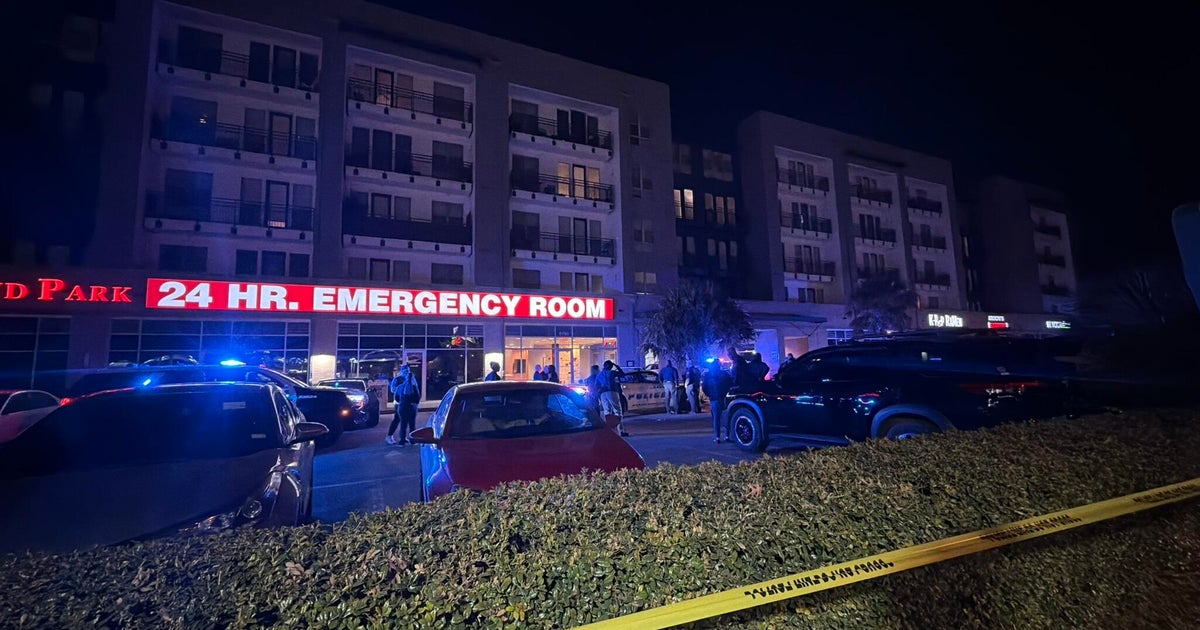Regulators Probe PG&E Record-Keeping Before San Bruno Blast
SAN BRUNO (CBS/AP) -- California regulators decided Thursday to consider whether Pacific Gas and Electric Co. should face penalties in connection with its record-keeping in the run-up to the San Bruno gas pipeline explosion.
The California Public Utilities Commission also voted to open a wide reconsideration of regulations covering natural gas pipelines in the state.
Photo Gallery: Explosion Rocks San Bruno Neighborhood
The formal investigation into whether penalties are warranted stems from a National Transportation Safety Board report in January that found PG&E may have kept inadequate safety records prior to the September blast.
"The investigation obviously has been ongoing since the date of the incident, but this formal. proceeding will ... assess PG&E's compliance with the law," Commissioner Mike Florio said.
KCBS' Barbara Taylor Reports:
PG&E spokesman Joe Molica said the utility was taking the issue seriously and examining records company-wide.
"We have been undertaking an intensive review of our pipeline records, scrutinizing and verifying thousands of documents to confirm the quality of our data," Molica said.
The process of considering new regulations in the aftermath of the explosion would include a series of public hearings set to begin April 5 in San Bruno, the suburb south of San Francisco where a massive fireball killed eight people and destroyed dozens of homes.
One of the proposed regulations would direct utilities to report when pressure on a line exceeds the legal limit.
San Francisco-based PG&E has acknowledged occasional increases in pressure occurred on the 30-inch natural gas transmission line that exploded. The company has said the fluctuations were necessary to continue operation of the pipeline.
Investigators say the blast originated at a poorly installed weld on the seam of the 54-year-old pipe. Pipeline safety experts have questioned whether pressure spikes may have weakened the line.
Consumer advocates praised the planned investigation into the company's record-keeping.
"Utility companies must put safety first," said Mark Toney, executive director of The Utility Reform Network. "What we learned from the San Bruno explosion is that our lives are literally in PG&E's hands."
The vote by the utilities commission came as the National Transportation Safety Board investigates a rash of pipeline accidents across the country, including the one in San Bruno.
It's too soon to say whether the five accidents the board is currently investigating indicate widespread safety problems in the pipeline industry, but officials are looking for recurring problems, NTSB Chairman Deborah Hersman said.
"This has been a particularly bad year for pipeline accidents," she told reporters at a briefing on a three-day hearing scheduled for next week on the San Bruno accident. "This is an opportunity to reevaluate how safe the industry is, what needs to be done and what the challenges are going forward."
Gas industry officials have said the San Bruno accident was not indicative of safety in the industry as a whole.
(© 2011 The Associated Press. All rights reserved. This material may not be published, broadcast, rewritten or redistributed.)







